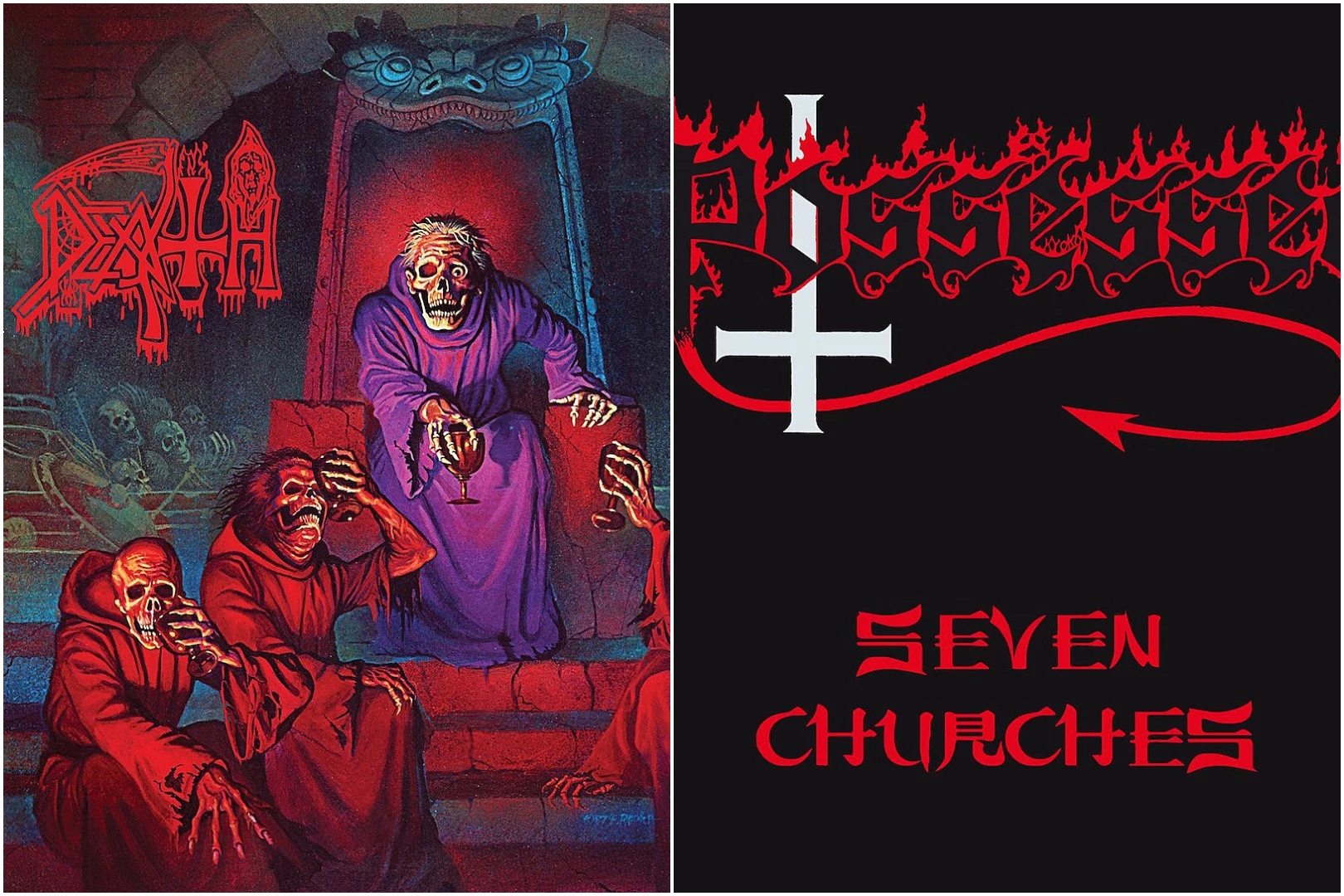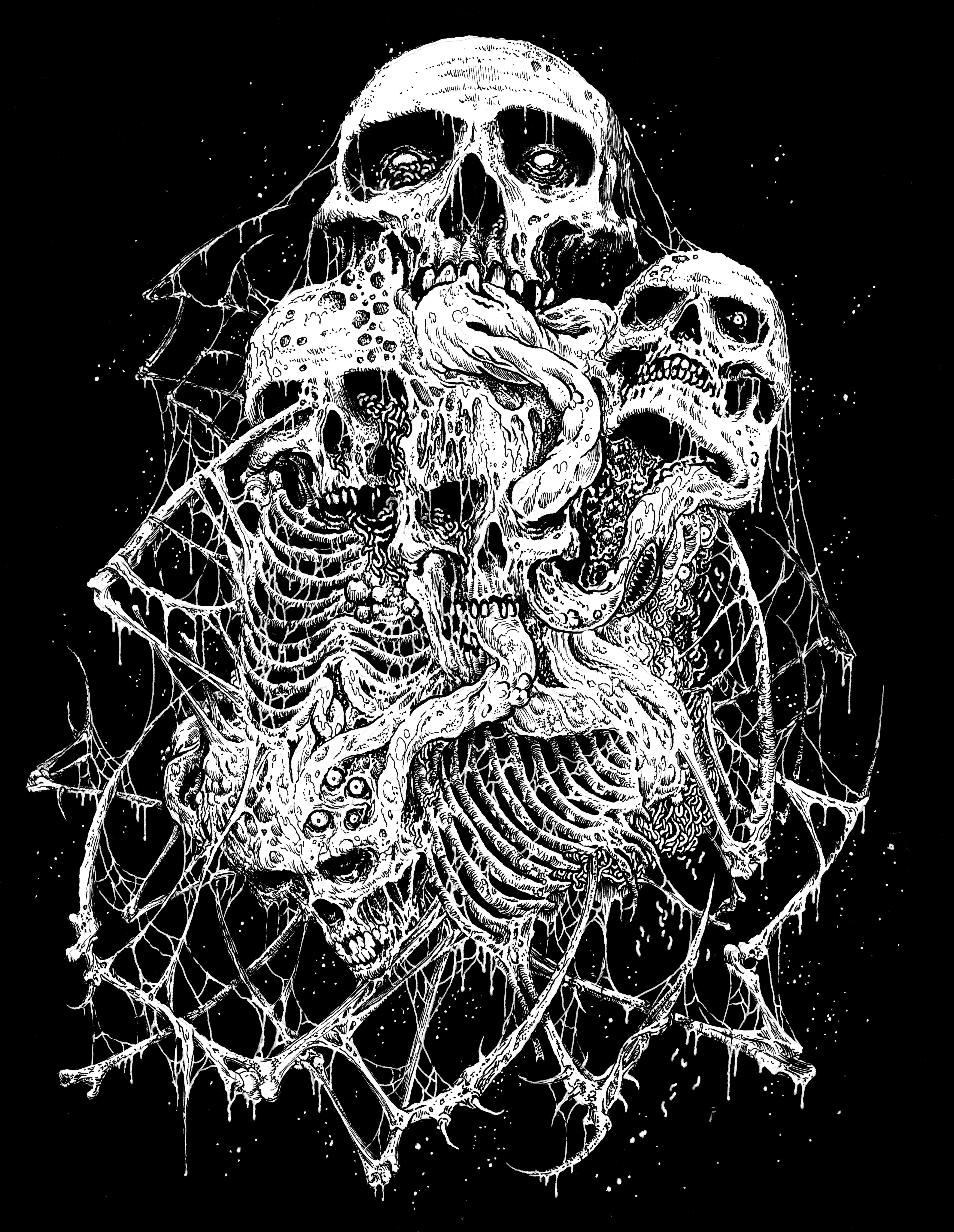
Results from the IRI showed the fan group and non-fan group with similar scores on the four dimensions of empathy that the index measures.

It is also possible that people with these personality traits are more likely to gravitate to death metal. One possible explanation for this finding, the authors write, “is that long-term, persistent exposure to violent media may lead to subtle changes in one’s personality, desensitizing fans to violence and reinforcing negative social attitudes.” But Thompson emphasizes that we just don’t know. Notably, on measures of conscientiousness and agreeableness, the scores of death metal fans were subtly but reliably lower than those of non-fans.

These included the Big Five Inventory (BFI) of personality-which assesses openness to experience, conscientiousness, agreeableness and neuroticism-as well as the Interpersonal Reactivity Index (IRI), a 28-item measure of empathy. In the study, which involved 48 self-described death metal fans and 97 non-fans (all in their 20s), he deployed an arsenal of established psychological tools and measures. In a paper titled “ Who enjoys listening to violent music and why?,” published earlier this year in Psychology of Popular Media Culture, Thompson and colleagues sought to identify specific personality traits that distinguished death metal fans from non-fans. So far, almost all of the anger and tension Thompson has documented in his death metal studies has been expressed by non-fans after listening to samples of the music. Those positive emotions, as reported by death metal fans in an online survey that Thompson and his team conducted, include feelings of empowerment, joy, peace and transcendence. They’re not enjoying anger when they listen to the music, but they are in fact experiencing a range of positive emotions.” “What we are finding is that they are not angry people. The biggest surprise? “The ubiquitous stereotype of death metal fans-fans of music that contains violent themes and explicitly violent lyrics- that they are angry people with violent tendencies,” Thompson says. Thompson’s work has produced some intriguing insights. But relatively little research has examined the emotional effects of listening to music that is downright violent. “Why are people interested in music that seems to induce a negative emotion, when in everyday life we tend to avoid situations that will induce a negative emotion?” A number of studies have explored the emotional appeal of sad music, Thompson notes. “It’s the paradox of enjoying a negative emotion that I was interested in,” says Thompson, a professor at Macquarie University in Sydney, Australia. Thompson and his colleagues have published three papers about death metal and its fans this year, and several more are in the works. The appeal of this marginal musical form, which clearly seems bent on assaulting the senses and violating even the lowest standards of taste, is mystifying to non-fans-which is one reason music psychologist William Forde Thompson was drawn to it.


Those lyrics, from “Hammer Smashed Face” by the band Cannibal Corpse, are typical of death metal-a subgenre of heavy metal music that features images of extreme violence and the sonic equivalent of, well, a sledgehammer to the forehead.


 0 kommentar(er)
0 kommentar(er)
